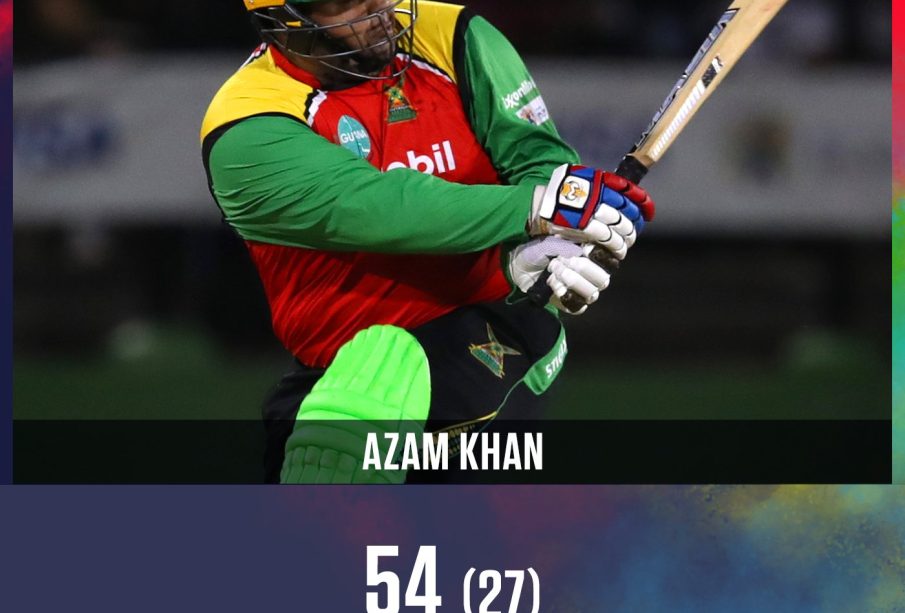Understanding Azam Khan’s Role in Indian Politics

Introduction
Azam Khan, a key political figure from Uttar Pradesh, has been in the limelight due to his significant influence on local politics and his controversial statements. His long-standing career in the Samajwadi Party has made him both a celebrated and polarising figure in Indian politics. As political activities intensify leading up to elections, understanding Khan’s role becomes increasingly relevant, particularly in the context of regional dynamics and voter sentiments.
Political Background
Khan’s political career began in the late 1970s, and he has since served in various capacities, including as a Member of the Legislative Assembly (MLA) multiple times. His roots in Rampur have allowed him to build a strong voter base, thanks to his focus on development and minority rights. His tenure has been marked by efforts to uplift his constituency through various educational initiatives and infrastructural projects.
Recent Developments
As of 2023, Azam Khan has faced legal challenges which included allegations of hate speech and misappropriation of funds. These controversies have led to a significant impact on his political standing, particularly as his party prepares for upcoming local and state elections. Despite these hurdles, he has maintained a firm grip on his constituency through grassroots mobilization and addressing local issues directly.
Public Sentiment and Opposition
Khan’s approach has earned him both supporters and detractors. His supporters view him as a champion of minority rights, while critics accuse him of divisive politics. The polarisation of opinions around his leadership raises questions about community harmony, particularly in Uttar Pradesh, a state known for its diverse demographic composition. The Bharatiya Janata Party (BJP) has seized on this polarisation, often attacking Khan to rally support from their own voter base.
Conclusion
Azam Khan’s influence on Uttar Pradesh politics cannot be understated. As he continues to navigate challenges, including ongoing court battles and his party’s electoral strategy, the upcoming elections will serve as a litmus test for his political survival and impact. Future analysis will likely revolve around how Khan adapts to the changing political landscape, his relationship with voters, and the broader implications of his rhetoric on communal relations within the state. His journey epitomises the complexities of contemporary Indian politics, making him a crucial figure to watch in any political discourse.









